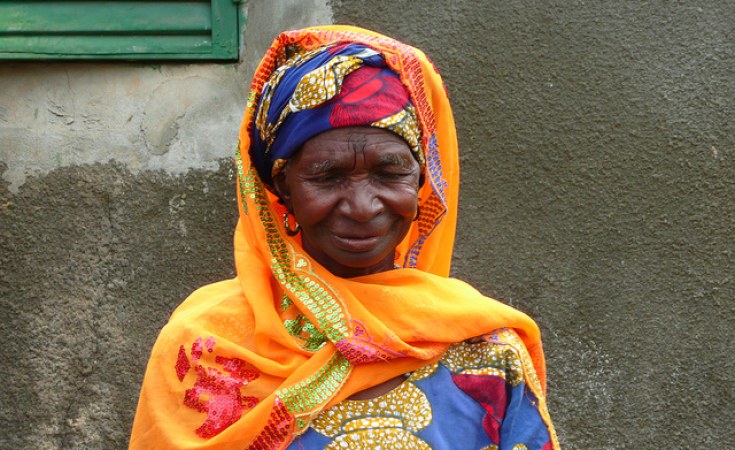Deauville — Melanne Verveer likes numbers. As the first U.S. ambassador-at-large for Global Women's Issues, Verveer is a veritable encyclopedia of studies, facts and figures related to women's issues around the world. Although her job is to promote U.S. gender policy across the globe, her office has spent considerable time focusing on the condition of African women. The numbers, says Verveer, all point to one reality: the inclusion of women in African economies and political spheres is crucial for the continent's continued growth. To that end, she works closely with other U.S. organizations to educate African women about HIV/Aids, promote female entrepreneurship, champion broader access to prenatal care, and fight for education initiatives for girls. Verveer also has been one of the international community's most vocal proponents of rights for women in Tunisia, Egypt and Libya in the wake of the Arab Spring.
At the recent Women's Forum for Economy and Society in Deauville, France, Ambassador Verveer shared her perspective on African women. Excerpts:
What are the challenges that African women continue to face?
I think one of the big issue areas we all need to be looking at more is agriculture. We know that in many countries in Africa women are the majority of farmers, small farmers, and if we're going to end hunger and grow productivity we have to have a greater focus on the role of women farmers, not just their male counterparts. The data speaks volumes. Today we know, for example, that where access to resources is equalized for men and women farmers, whether that be for seed, fertilizer, trade, decision-making or for credit, productivity goes up immeasurably. The yields are 20 to 30 percent greater.
In terms of human rights, there are a number of issues, whether we talk about female genital mutilation (FGM), child marriage or violence against women, which is a global epidemic but African women have struggled with it enormously. The whole level of violence needs to be taken very, very seriously. It is a fundamental human rights issue, it is a productivity issue and it's a public health issue. Look what happens with violence and HIV/Aids. We have a program with Pepfar working with girls, because there are still incidences of HIV infections, and much can be attributed to violence that adolescent girls experience.
Is there a country, region or organization that has made particular strides, perhaps one you see as a model for the continent?
Well I think that different countries are doing different things. I think what Tostan and the Senegalese government have done on FGM, for example, is an amazing story. People who say you can't change deeply embedded practices are proven wrong by what's happened in Senegal.
I remember years ago when this effort was starting and the women went to the male leaders and religious leaders in the village and together demonstrated why the norm of FGM needed to be moved to taking care of the women in that community. And look what's happened all over Senegal today!
Our challenge is scale, making these things work, taking them to scale. Having the kind of payoffs you're beginning to see in some places, we need to see every place.


